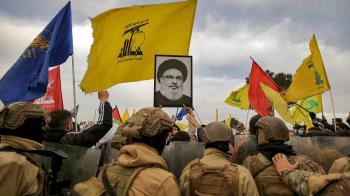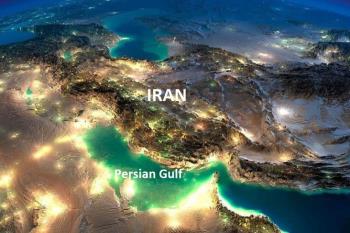Alwaght- The US and the UK have played “a crucial role” in catastrophic outbreak of cholera in Yemen, where over 2,000 civilians are killed due to the waterborne disease, an analysis by the researchers at London’s Queen Mary University in says.
The analysis published by The Lancet, found that eight of ten of Yemen’s cholera deaths occur in Ansarullah- controlled areas where have been target on a 29-month bloody aggression by a by Saudi -led coalition that has received logistical and political support from the UK and the US.
British companies have continued to sell weapons to Saudi Arabia despite growing concern about civilian casualties.
" Houthi-controlled areas have been disproportionately affected by the conflict, which has created conditions conducive to the spread of cholera," the report said referring to Ansarullah movement as Houthi.
“Saudi-led airstrikes have destroyed vital infrastructure, including hospitals and public water systems, hit civilian areas, and displaced people into crowded and insanitary conditions. A Saudi-enforced blockade of imports has caused shortages of, among other things, food, medical supplies, fuel and chlorine, and restricted humanitarian access," said the analysis conducted by researchers Jonathan Kennedy, Andrew Harmer and David McCoy.

Mr Kennedy said in an additional statement: “Saudi Arabia is an ally of the UK and USA. American and British companies supply Saudi Arabia with huge amounts of military equipment and their armed forces provide logistical support and intelligence. “This backing has made the Saudi-led airstrikes and blockade possible, and therefore the UK and USA have played a crucial role in creating conditions conducive to the spread of cholera.”
Saudi Arabia launched a brutal aggression on Yemen in March 2015 to oust the popular Ansarullah movement and restore to power fugitive Abed Rabbuh Mansour Hadi who resigned as president and fled to Riyadh.
The Saudi war on Yemen, one of the world's most impoverished countries, has killed nearly 13,000 people and left tens of thousands wounded while displacing millions.
Last month, the UN announced that more than 17 million people in Yemen were currently food-insecure, of whom 6.8 million were severely food-insecure and in need of immediate aid.
In June, Unicef and the WHO released a statement saying that Yemen was “facing the worst cholera outbreak in the world”. Earlier this week, the WHO said more than half a million people in Yemen had been infected with cholera since the epidemic broke out in April, as the country struggled to cope with 5,000 new cases a day.

Last week, a draft UN report accused the Saudi military coalition of killing hundreds of children in Yemen.
The report, which has yet to be made public and could still be changed, said that 51 per cent of all child deaths and injuries in Yemen last year were the result of the Saudi-led military operation. It says the deaths were “unacceptably high".



























